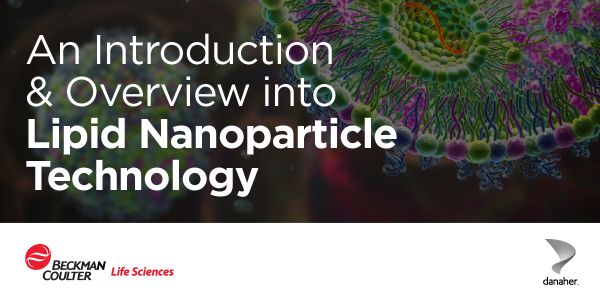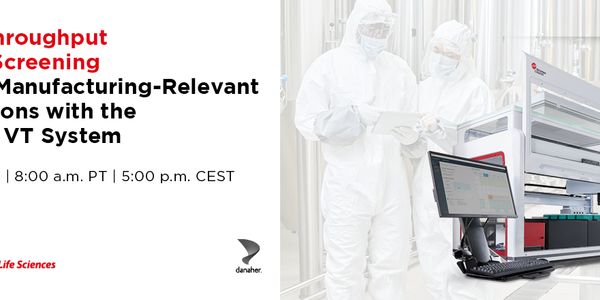Chairman, Institute for Med. Immunology & Berlin-Brandenburg Center for Regenerative Therapies (BCRT) & Dept. Immunology, Labor Berlin Vivantes, Charité GmbH Charité-Universitätsmedizin, Berl
BIOGRAPHY

AUG 30, 2016 8:00 AM PDT
Immunomodulation and immunogenicity of human MSC-like cells : What did we learn from in vitro and in vivo studies ?
Presented at:
4th Annual 24 Hours of Stem Cells™ virtual event
Speaker
Abstract
Mesenchymal stromal cell (MSC) therapy is a promising option to support endogenous regeneration and immunomodulation. However, the clinical results are contradictory. We think that the recent studies have to major limitations: poor characterization of MSC(like) cell products which were used and the lack of adequate immune monitoring to better understand therapy response, mode-of-action, dose-dependency etc.
Because of their high regenerative and immunomodulatory potency shown in various preclinical models and their well-defined manufactoring process in 3-D bioreactors, we focused on the characterization of placental-expanded mesenchymal like adherent cells (PLX) that are aimed to be applied as allogeneic off-the-shelf product.
Interestingly, by minor manipulation in the manufactoring process, Pluristem generated two related products PLX-PAD and PLX-RAD. Both PLX-cell types were comparable regarding their in vitro differentiation capacity and marker profile (CD73+90+105+45-31-34-) that is typical for MSC-like cells. However, the cells showed different properties in some but not all preclinical models. We hypothesized that the protective effects are mediated by the PLX-cells´ secretome which might be different between PLX-RAD and PLX-PAD cells. In fact, conditioned medium of PLX-RAD expressed a distinct secretome and showed distinct effects in vitro and in vivo. Whole genome DNA methylation analysis and CD screen revealed significant differences between the two products.
PLX-PAD cells are supportive in different tissue regeneration models. In fact, clinical phase I/IIa studies in severe chronic limb ischemia (CLI) and muscle injury demonstrated safety but also clear hints for efficacy. Immune monitoring gave insights into immunogenicity, immune modulation, and dose-related effects which help to design ongoing studies.
In summary, extensive biomarker studies provided mechanistic insights into PLX products and highlighted the need for careful characterization of MSC-like cell products to better understand dosing, indication, mode-of-action etc.
Because of their high regenerative and immunomodulatory potency shown in various preclinical models and their well-defined manufactoring process in 3-D bioreactors, we focused on the characterization of placental-expanded mesenchymal like adherent cells (PLX) that are aimed to be applied as allogeneic off-the-shelf product.
Interestingly, by minor manipulation in the manufactoring process, Pluristem generated two related products PLX-PAD and PLX-RAD. Both PLX-cell types were comparable regarding their in vitro differentiation capacity and marker profile (CD73+90+105+45-31-34-) that is typical for MSC-like cells. However, the cells showed different properties in some but not all preclinical models. We hypothesized that the protective effects are mediated by the PLX-cells´ secretome which might be different between PLX-RAD and PLX-PAD cells. In fact, conditioned medium of PLX-RAD expressed a distinct secretome and showed distinct effects in vitro and in vivo. Whole genome DNA methylation analysis and CD screen revealed significant differences between the two products.
PLX-PAD cells are supportive in different tissue regeneration models. In fact, clinical phase I/IIa studies in severe chronic limb ischemia (CLI) and muscle injury demonstrated safety but also clear hints for efficacy. Immune monitoring gave insights into immunogenicity, immune modulation, and dose-related effects which help to design ongoing studies.
In summary, extensive biomarker studies provided mechanistic insights into PLX products and highlighted the need for careful characterization of MSC-like cell products to better understand dosing, indication, mode-of-action etc.
You May Also Like
JAN 21, 2026 | 8:45 AM
C.E. CREDITS
Lipid nanoparticles (LNPs) have become the gold standard in non-viral gene delivery technologies, exemplified by the approval of the LNP messenger RNA (mRNA) vaccines against SARS-CoV-2. Sin...
JAN 22, 2026 | 8:00 AM
Cell line development (CLD) is often a critical bottleneck in biopharmaceutical production, often requiring labor-intensive workflows and multiple sequential screening steps that extend time...
JAN 29, 2026 | 8:00 AM
Modern laboratories are under constant pressure to deliver results faster, more accurately, and with unwavering compliance. Organizations that harness next-generation LIMS capabilities gain...
FEB 17, 2026 | 3:00 PM
Alors que les soins de santé continuent d'évoluer vers des modèles accessibles et centrés sur le patient, les pharmacies de détail apparaissent comme d...
FEB 18, 2026 | 8:00 AM
With advancing food allergy research and emerging therapies, new allergy testing requirements arise. In this context, Basophil Activation Testing (BAT) has emerged as an essential component...
Speaker:
Dr. Sabina Wuenschmann
, Dr. Jean-Marc Busnel
Sponsored By: Beckman Coulter Life Sciences
Energy-efficient filtration solutions that reduce hidden chemical exposure from benchtop work and lab equipment to improve overall laboratory safety...
Loading Comments...
Please update your information
Certificate of Participation
Thank you for choosing Labroots. Please note that a Certificate of Participation does NOT count towards Continuing Education Credits.
DOWNLOAD CERTIFICATE
DOWNLOAD CERTIFICATE
You must watch the entire webinar to receive your certificate of participation.
You must attend the event before receiving your certificate of participation.
You must register for the event first.
Certificate is no longer available for this event.
You must be logged in to retrieve your certificate.






